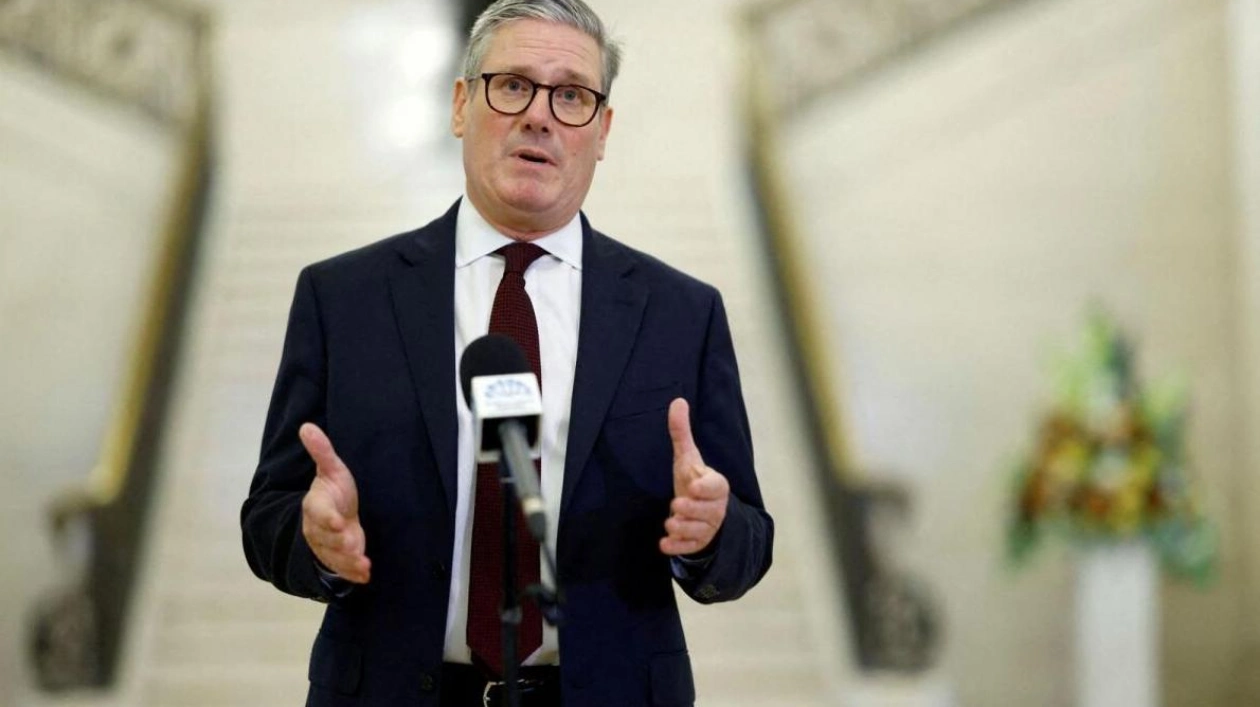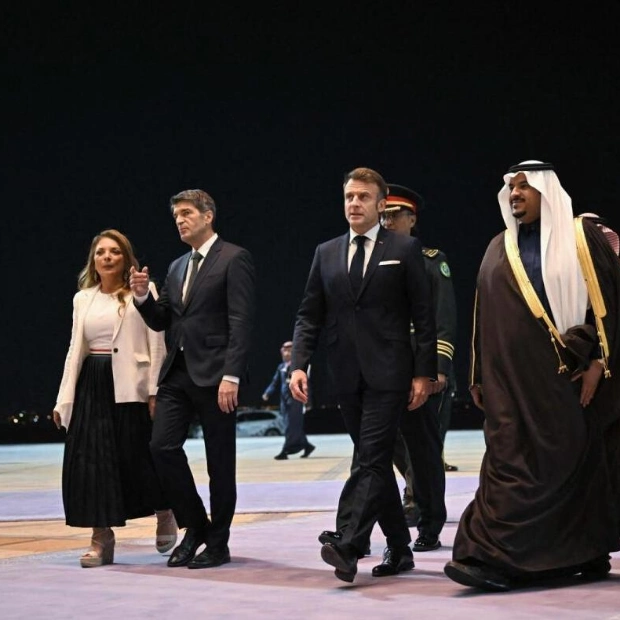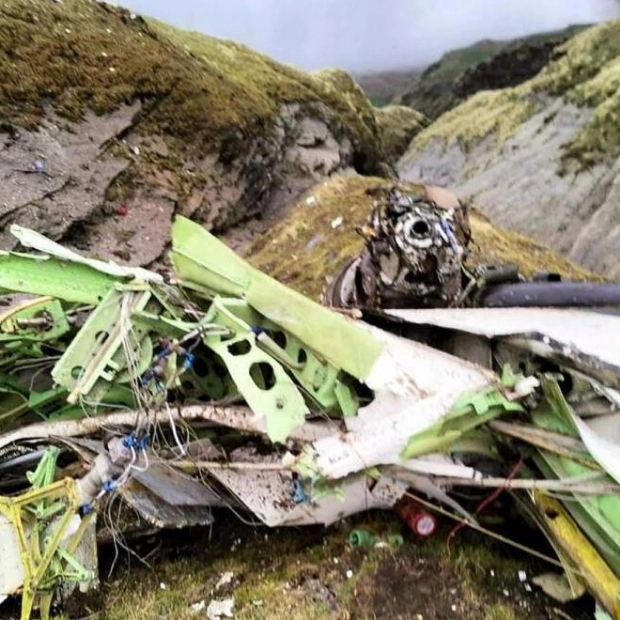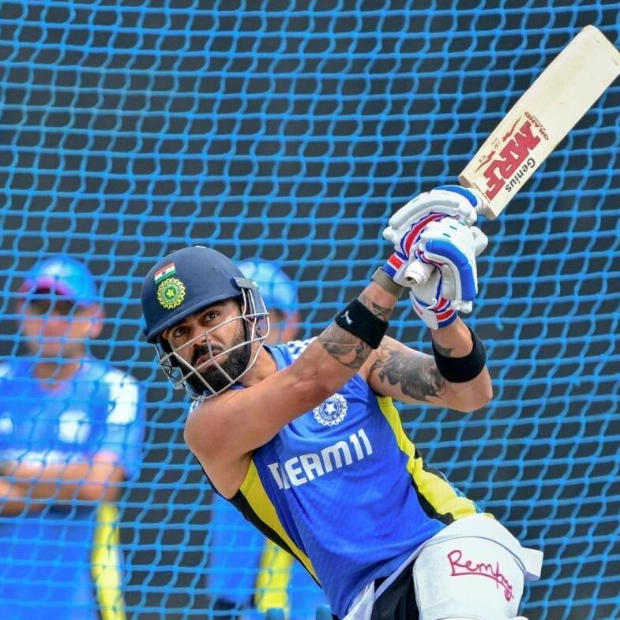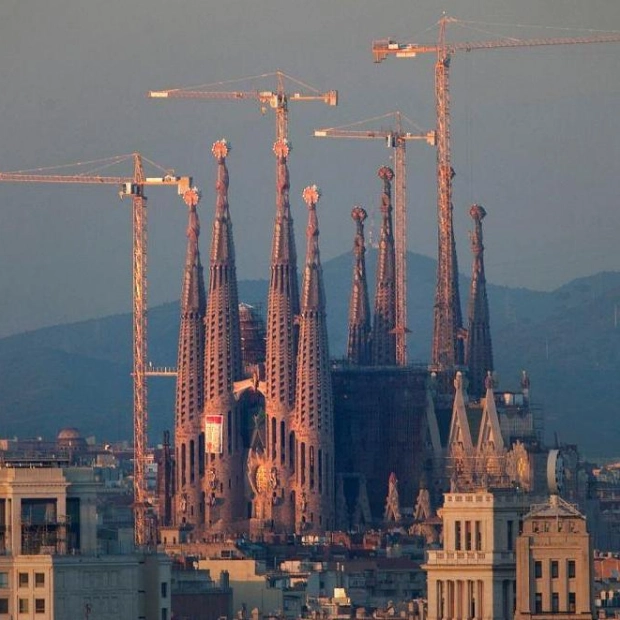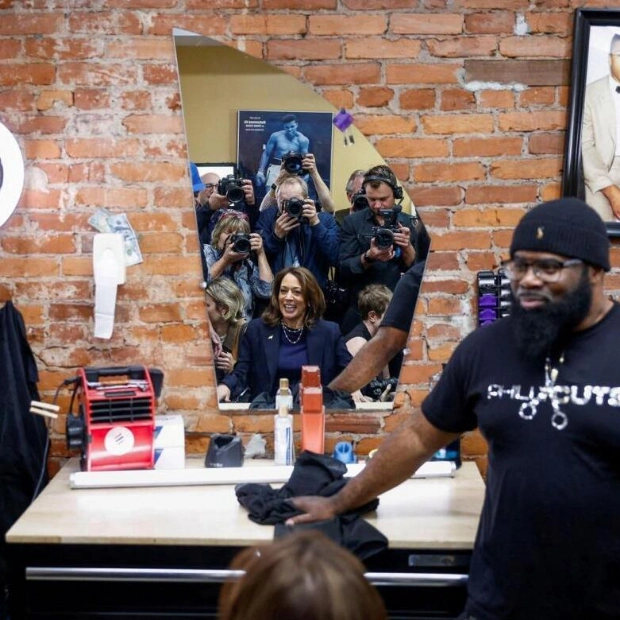UK Prime Minister Keir Starmer embarks on his maiden international journey this week, heading to Washington just days after his resounding election triumph. At 61, Starmer is set to participate in NATO's 75th anniversary summit in the US capital, marking his inaugural foreign visit since assuming leadership last Friday. He aims to underscore Britain's steadfast backing for the Western military alliance and Ukraine's resistance against Russian aggression.
This visit inaugurates a frenetic period of global diplomacy in Starmer's initial two weeks in office, with the UK also scheduled to host a European leaders' conference next week. According to foreign policy expert James Strong, this trip will serve as a learning curve and a chance for Starmer to establish rapport with other leaders, as well as convey specific messages.
The former Conservative government was a staunch supporter of Ukraine, offering financial aid, weapons, and military training to counter Russia's invasion. Starmer has vowed to maintain this support under Labour and is expected to personally reassure Ukrainian President Volodymyr Zelensky of this commitment at the NATO summit. Starmer's Defence Secretary, John Healey, has already visited Ukraine post-election, and Foreign Secretary David Lammy has been engaging with European NATO members.
Labour is dedicated to the alliance and plans to match the Conservatives' pledge to increase defence spending to 2.5 percent of GDP, surpassing the NATO target of two percent. Strong anticipates discussions centered on maintaining business as usual. While Starmer will emphasize continuity in major foreign policy matters, he also aims to reset relations with allies strained by Brexit. Labour has promised closer collaboration with European neighbors, including bilateral agreements with France and Germany, and broader deals with the EU.
This trip also offers Starmer an early chance to forge a connection with US President Joe Biden and strengthen the UK-US special relationship. Starmer's center-left Labour party aligns more closely with Biden's Democratic Party, potentially aiding in this endeavor. However, the timing is delicate as Biden faces pressure to step aside for another Democrat to challenge Republican rival Donald Trump in the upcoming election. Starmer must consider the possibility of dealing with isolationist Trump from January next year.
Sophia Gaston, head of foreign policy at the right-wing Policy Exchange think-tank, noted that Starmer will want to demonstrate unwavering commitment to the UK's alliance with America and highlight the resilience of the special relationship. A potential point of disagreement between Starmer and Biden could be the Israel-Hamas conflict in Gaza, with Labour seen as more pro-Palestinian. The leaders are also expected to discuss policies towards China, including trade, commerce, and technology.
Starmer will subsequently host the European Political Community summit at Blenheim Palace, near Oxford, on July 18, with French President Emmanuel Macron and German Chancellor Olaf Scholz anticipated to attend. Labour seeks an ambitious security pact with the European Union. Olivia O'Sullivan, director of the UK in the world programme at Chatham House, highlighted that these summits offer an opportunity to elaborate on this proposal. Starmer may also wish to outline the contours of a post-Brexit trading deal following his introduction to global affairs in Washington.
